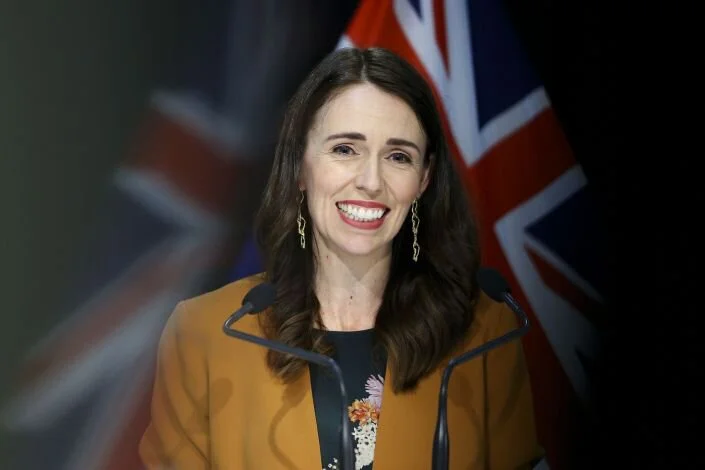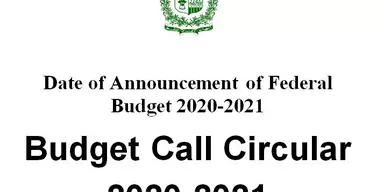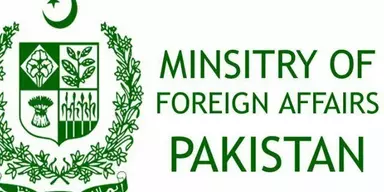New Zealand has lifted restrictions OF COVID-19 except the borders will remain closed, the government officials announced on Sunday at midnight after no case was reported of the virus in 17 days in the country.
Prime Minister Jacinda Arden said in the session that the level two restrictions would be lifted. She said that educational institutes will be opened and there will no requirement to practice social distancing, yet people are encouraged to practice it. While answering reporters, Arden said that people could carry out public gatherings like weddings and funeral.
Meanwhile, the PM alerted the public during announcement that the virus could come again but it would not be failure of the country because it is nature of the pandemic yet the government would carry out the operation if there would be its second wave in the country.
Under the governance of lady PM, New Zealand launched lockdown on March 25. The government had four-stage alert system at that time. The educational centers and schools were closed.
However, the lockdown declined to three-level alert system after five weeks in late April. People could have takeaway from takeaway. In that lockdown, the government allowed to open non-essential businesses.
In the mid of May, the lockdown improved to level-two alert system and in June the country is going to move at level-one in which international borders of New Zealand will remain closed. Although the government was going to take the step on June 22, the absence of cases for two weeks has made the country to take the step before.
Due to the level-one alert system, New Zealanders have to stay in quarantine for 14 days after coming from abroad to ensure there would not be a second wave of the outbreak in New Zealand.
New Zealand reported 1,154 cases of COVID-19 with death tally standing at 22. The last case the authorities reported was the case of 50-year-old lady. The health officials confirmed that she had no symptoms for 48 hours which means she has recovered.
World Health Organization (WHO) praised the PM and the steps the authorities have taken to curb the virus. According to reports, the country has a pandemic plan since 2010. The health officials revised plans in 2017 with the assistance of Geoffrey Rice- a medical historian who wrote books on Spanish Flu. Besides, the officials had a biological screen to ensure if there would be any livestock disease in future.
Currently, Montegro, Fiji, and Faroe Islands are some of the COVID-free states. Meanwhile, Taiwan, Tobago, Cambodia, Trinidad, and Iceland reported that they have less than 10 cases in their states.















